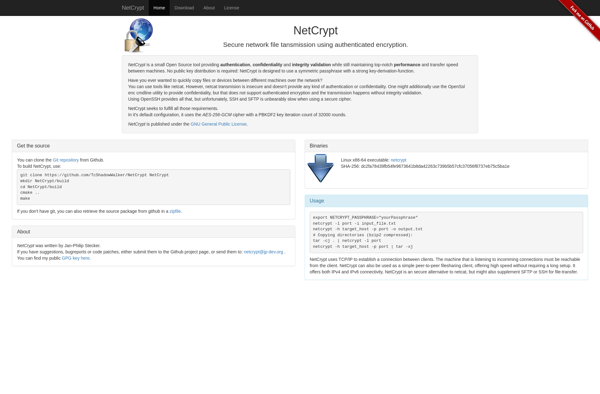Netcat
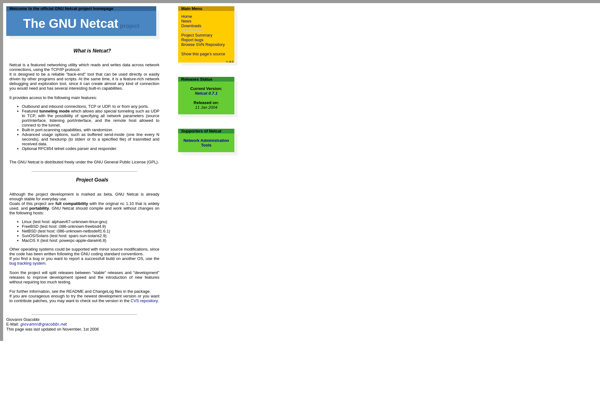
Netcat: A Networking Utility for Reading and Writing Network Connections
A versatile networking tool for creating one-shot connections, interfacing with network services, and building quick backdoors and relays.
What is Netcat?
Netcat (often shortened to nc) is a computer networking utility for reading from and writing to network connections using TCP or UDP. Netcat is designed to be a dependable back-end that can be used directly or easily driven by other programs and scripts.
At its most basic, netcat can be used to create simple TCP and UDP data connections allowing the user to interface with various network services. It can open TCP connections, send UDP packets, listen on arbitrary ports, perform port scanning, and deal with both IPv4 and IPv6. Netcat can be used for good or nefarious purposes such as building simple backdoors, relays, etc.
Some of the features and common uses of netcat include:
- Creating backdoor shells - Netcat can connect to a port, allow code execution or command shell access and elevator access rights from the permissions that Netcat is invoked with
- As a file transfer utility - chunks of data can be directly transferred through netcat easing file sharing between hosts
- As a port scanner - Netcat itself can be used as a port scanner by implementing features like port scanning length controls for TCP and UDP scan modes
- As a sysadmin tool - Useful for verifying connectivity, troubleshooting networking issues, network device analysis, service/port testing, and more
- Developing custom network services - Can be used to prototype custom network protocols or experiment with socket programming
Being dependency-free while providing cross-platform support for both IPv4 and IPv6, netcat continues to be relevant and is often included by default in Linux distributions and used extensively in system administration, security analysis, testing, debugging, prototyping and more.
Netcat Features
Features
- Reading and writing data over TCP and UDP network connections
- Acting as a simple TCP/UDP client for testing purposes
- Acting as a simple TCP/UDP server for testing purposes
- Port scanning and service identification
- Transferring files over networks
- Scriptable and programmable using standard input/output
Pricing
- Open Source
- Free
Pros
Cons
Official Links
Reviews & Ratings
Login to ReviewThe Best Netcat Alternatives
Top Network & Admin and Network Utilities and other similar apps like Netcat
Here are some alternatives to Netcat:
Suggest an alternative ❐Wireshark

HttpCanary
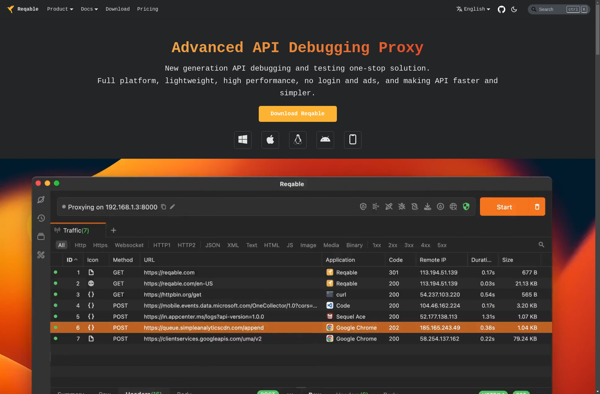
Socat

PsPing

Packet Capture

AirSnare
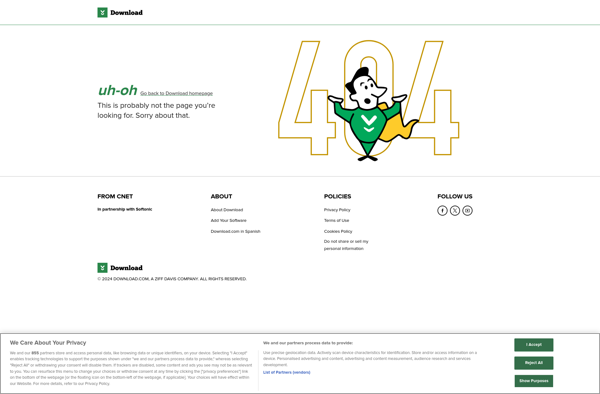
Ethereal
PPerf
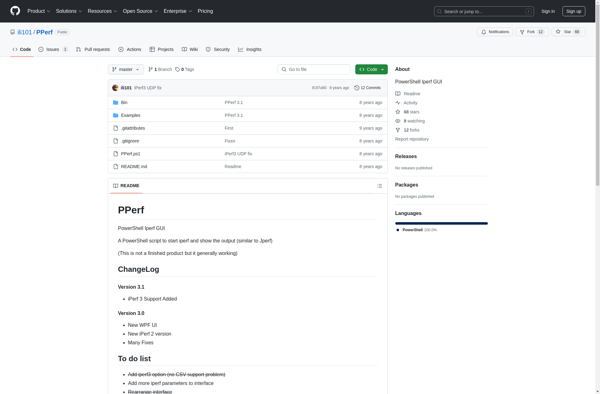
Ettercap
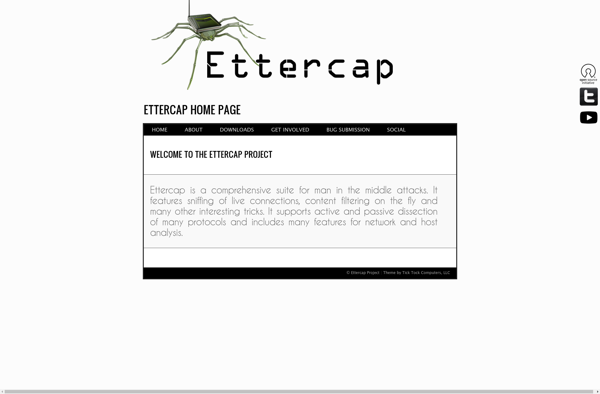
PCAPdroid
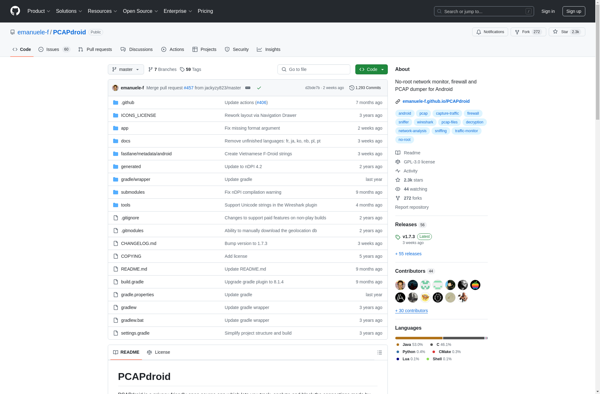
LANGuardian

Pirni Pro

Debookee
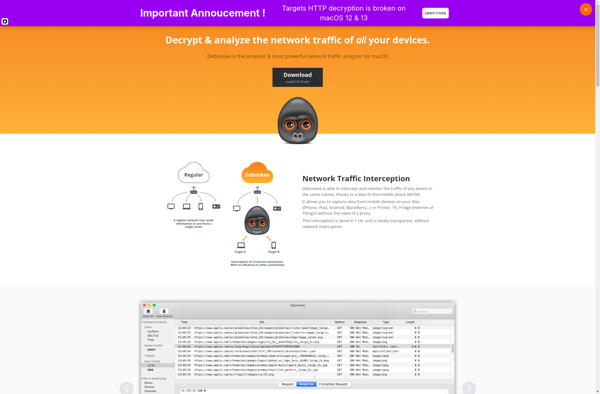
SmartSniff
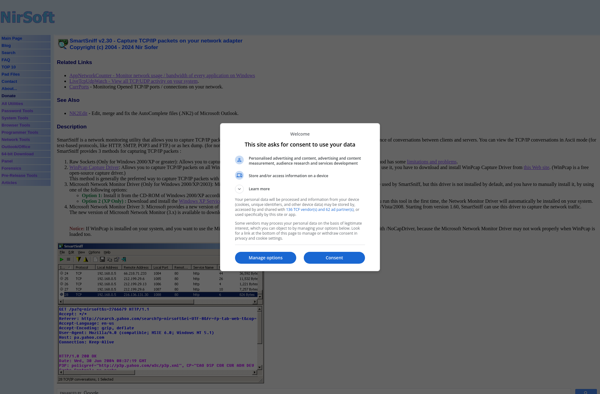
Apptalk.ninja
Appknox

Pwncat
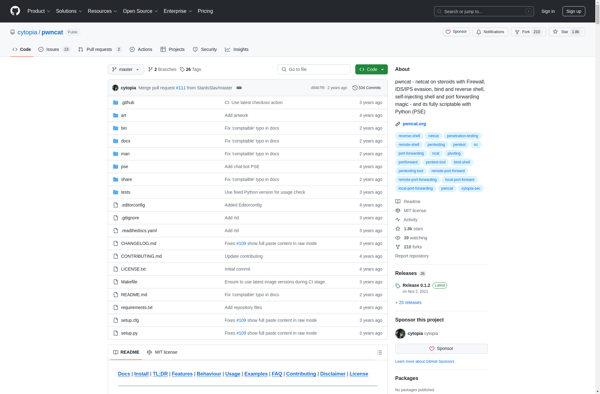
Httpry
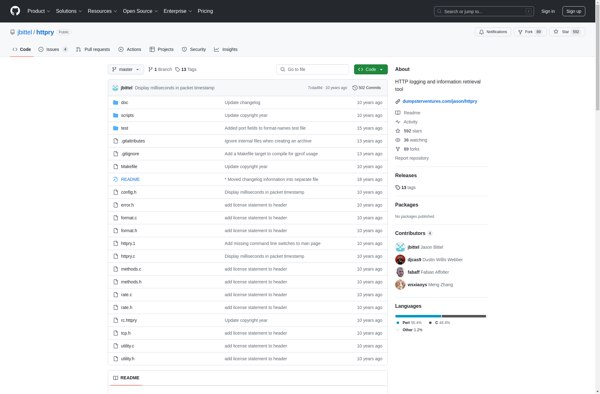
Tcpflow

TcpLogView
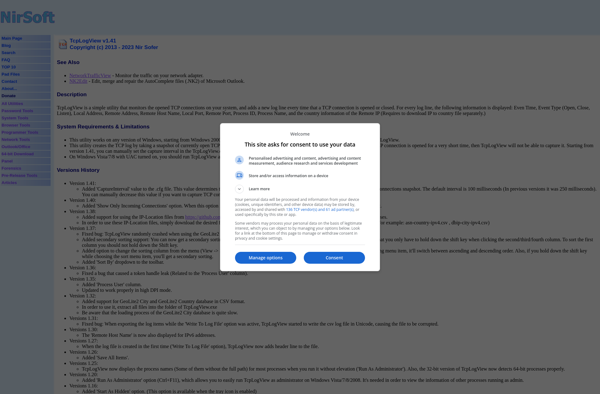
Packetyzer

NetCrypt
